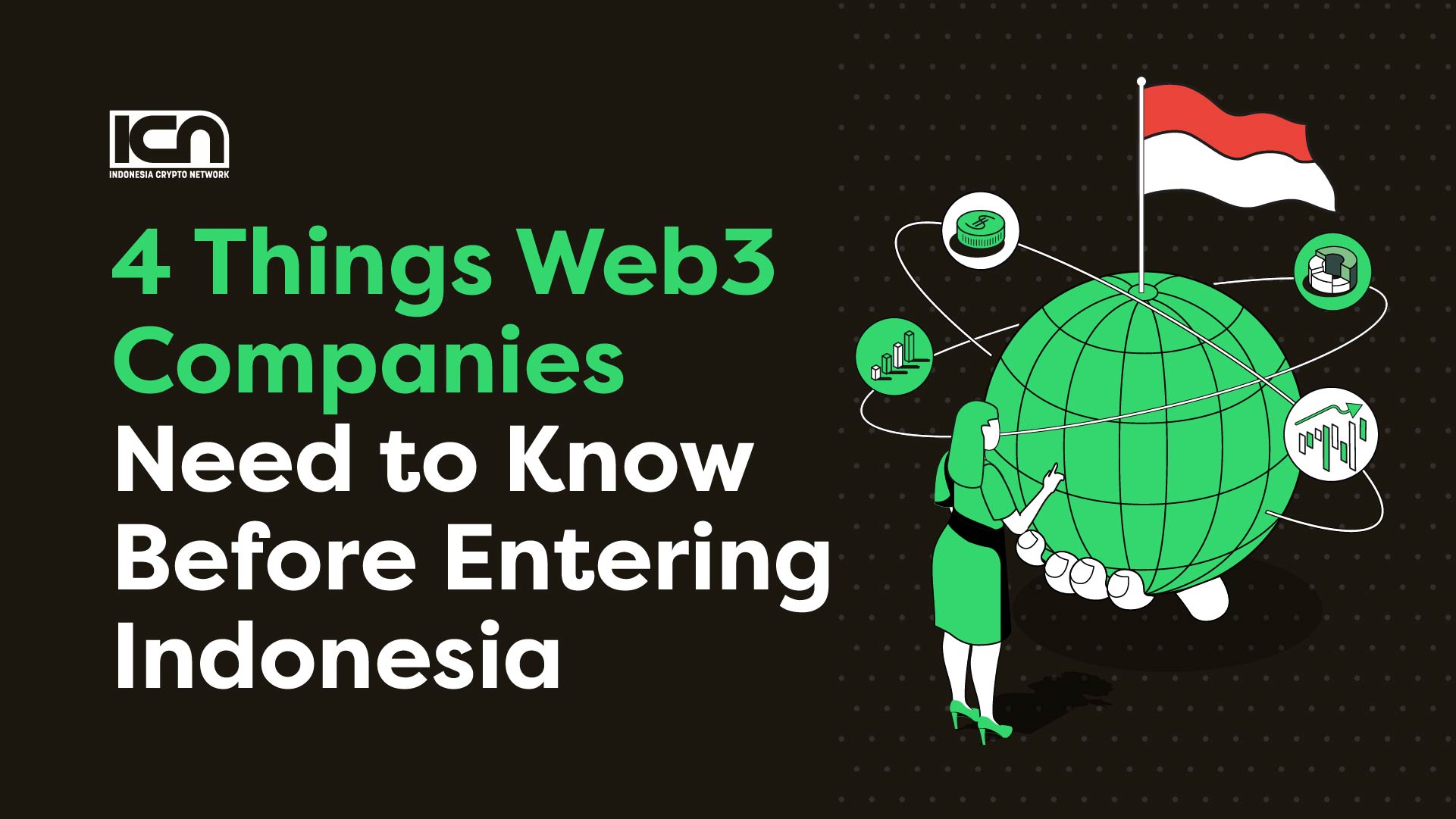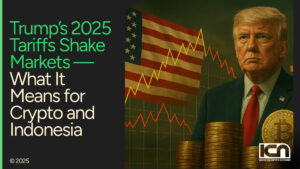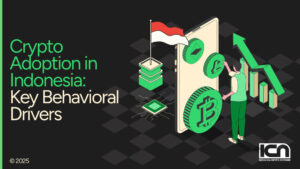As the largest population in Southeast Asia and one of the top emerging markets in the world, Indonesia is becoming more and more favorable to invest in. One attractive sector is its digital economy, with online spending in Indonesia projected to double to $146 billion by 2025.
More Indonesians are saving money, shopping, and investing online, which presents interesting opportunities to trailblazing companies looking to boost cryptocurrency and blockchain adoption in this archipelago. Here are 4 things that web 3, crypto, and blockchain companies need to know before investing in Indonesia crypto market.
Cryptocurrencies are legal to trade in Indonesia
The simple answer is: yes as trading commodities, but not as legal tender for payments. Basically, you can buy and sell cryptocurrencies in Indonesia, but not exchange them for goods and services.
In September 2018, the Republic of Indonesia’s Ministry of Trade officially approved the sale of cryptocurrencies as commodities through Regulation No. 99 of 2018 on General Policy for Future Trading of Crypto Assets.
Later, the Commodity Futures Trading Regulatory Agency (Bappebti) released Regulation No. 5 of 2019 regarding the Technical Provisions on Implementation of Physical Market of Crypto Asset in Futures Exchange. These regulations are the legal basis of crypto trading in Indonesia, and stipulates that companies are free to trade crypto in Indonesia as long as they’re registered with Bappebti.
However, Law No. 7 of 2011 on Currency states that the only currency permitted to be used as payment instruments in Indonesia is the one officially issued by Indonesia’s federal bank, Bank Indonesia – that is to say, Rupiah. So, companies in Indonesia are not permitted to accept crypto as payment instruments; only as commodities to buy and sell.
The situation continues to evolve, but it’s safe to say that we can expect changes as the Indonesian government has reiterated their objective to tap into digital currencies to activate Indonesia’s large unbanked population.
More Indonesians are adopting digital wallets
66% of Indonesia’s population – approximately 180 million people – still don’t have bank accounts. In its absence, however, more people are flocking to digital wallets. About 9 out of 10 internet users in Indonesia use digital wallets for things such as online shopping and making digital payments such as phone credits or bills.
You only need a smartphone to register and manage digital wallets – comparatively much more convenient than creating a bank account.
This trend doesn’t stop with digital payments. More Indonesians are becoming investors due to the increasing number of easy-to-use and accessible digital investment platforms. One top industry player, Bareksa, achieved almost 100% growth through 2019 with 750,000 users in total.
These trends seem to show that more Indonesians are becoming comfortable with making payments and managing assets online, which is good news for potential cryptocurrency adoption.
Dominating online conversations
Search engines and social media have become a go-to source for Indonesians trying to learn more about digital assets. According to Think With Google, searches for digital wallets in Indonesia rose 55% year-on-year in 2017.
In addition, over 40% of Indonesians stated Google search was their first stop for finding information about e-money platforms. Their most common questions were about recommendations for e-money providers and brands, the benefits of using e-money, how to register, and how to top up. 39% of banked Indonesians stated social media as a way to learn about e-money platforms, demonstrating the importance of dominating conversations in social media as well.
This indicates that while Indonesians are becoming more open to the idea of moving their money online, many of them prefer to learn online first to be more sure about their decision.
There are 16,3 million crypto investors in Indonesia but…
There are 16,3 million crypto investors in Indonesia per October 2022, surpassing the number of stock investors which only amounts to 9,1 million. It grew from 4 million in 2020 and 11,2 million in 2021. This increase indicates that Indonesians favor the crypto assets despite it’s relatively new and highly more volatile compared to stocks, said Sri Mulyani, Indonesia’s current Ministry of Finance.
Despite the enthusiasm, Indonesia crypto investors are still in the infancy stage as compared to other markets like Singapore or Vietnam. Conceived from a private document of one of the Indonesia local exchanges, 71% of the users on the platform have an average check size inferior to $200 per month. This is also supported by a survey conducted by Coinvestasi, showing that deposit and withdrawal fee is one of the main concerns for the end-user when investing in digital assets as they prefer platforms with lower fees.
Indonesia’s crypto market is big and growing but it still needs time to grow. Education and understanding of the underlying technology is the key to skew away from the stance that crypto is just speculation and profit making instrument.
Since 2016, Indonesia Crypto Network (ICN) has helped global exchanges and protocols building awareness, go-to-market strategies, and adoption in Indonesia. Users in Indonesia and the region are increasingly looking towards ICN channels and similar trusted sources for reliable and actionable information that can deliver value.
It’s important to dominate conversations online and spread information about the values and benefits of investing in blockchain and cryptocurrency as you present a solution. With the number of potential solutions for Indonesia, local adaptation will continue to be required to engage and activate Indonesian users.




